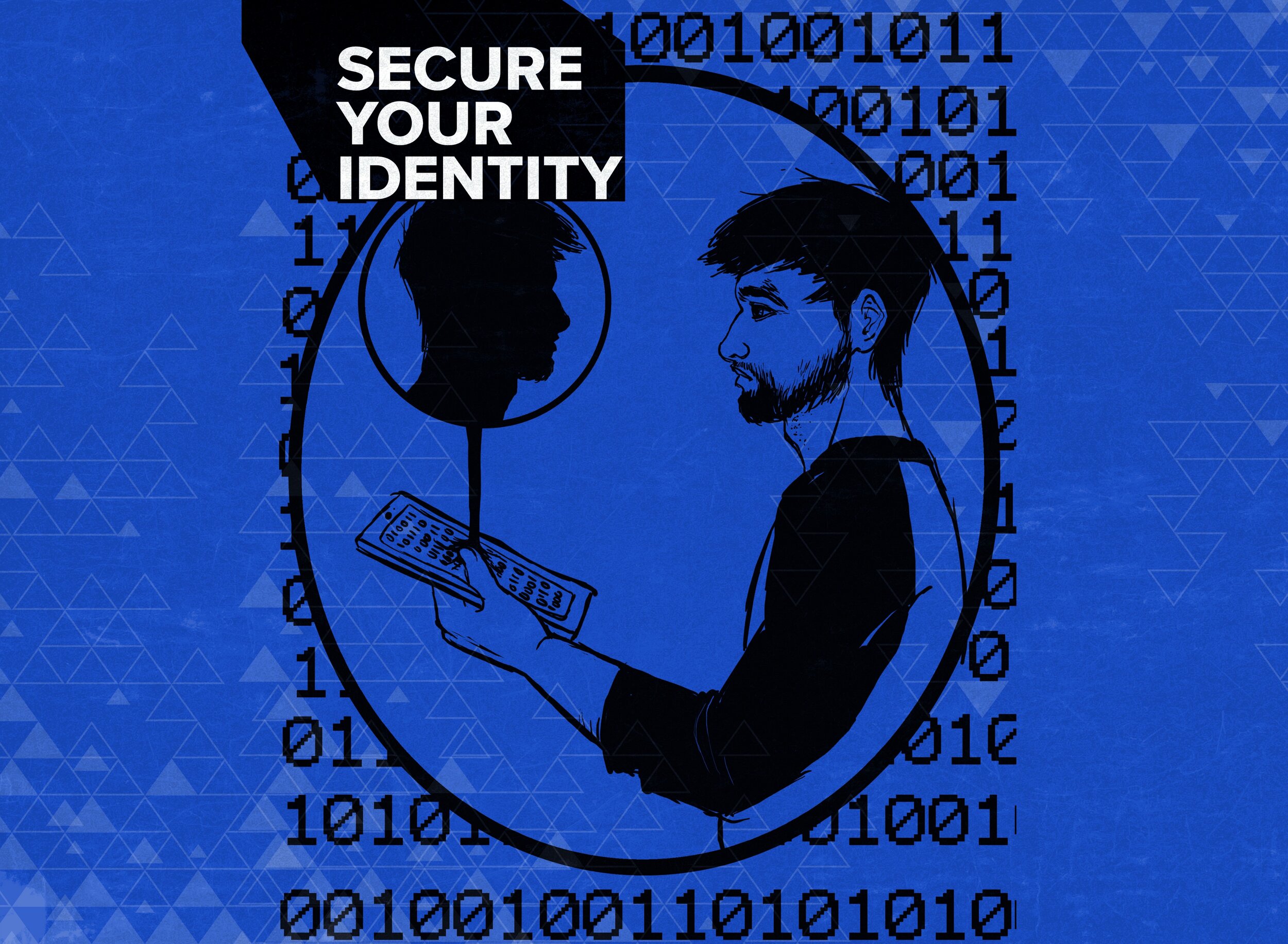
Targets
If you find yourself as the target of a Hindutva attack, you are not alone. Here we offer some resources to help you prepare and, if need be, weather the storm.
Identifying an Attack
Being the target of a Hindutva attack—whether it is one persistent individual or a troll army —can be unnerving, even downright terrifying. Most often, such attacks come through [sometimes coordinated] online harassment or online abuse, which PEN America has defined as the “pervasive or severe targeting of an individual or group online through harmful behavior.” Attacks can take many forms, including hateful messages, harassment, intimidation, petitions, smearing, and doxxing campaigns. In some cases, scholars have also experienced physical attacks, both against themselves and their families.
If you are targeted, know that you are not alone. And know that you have resources to help see you through attacks.

Also see Equality Lab’s Anti-Doxing Guide
Best Practices for Protecting Yourself Online
Use unique passwords + two factor authentication for all email addresses and social media profiles (yes, we know this is a pain, and yes, many of us have endured attempted hacks)
Use Google alerts with your name and other critical information to make sure you are informed of conversations that may involve you.
If you have a home institution, reach out to your IT department to see if they offer any additional layers of security.
Use secure channels (e.g., Signal, Wire) for instant messaging.
You can tell Google to remove any photos or links related to yourself; you might also consider a paid service to remove or limit available personal data online, such as DeleteMe.
Know and learn the hate speech policies at Facebook, Whatsapp, Youtube, Twitter.
Cultivate and nurture a network of your close friends and supporters who can mobilize when you need them. Be an ally.
What to Do Once an Attack Begins
If you find yourself a target of hate, harassment, intimidation, smear, or doxxing campaigns, here are some basic starting points for your defense.
Change *all* of your passwords to any email, social media, banking accounts, personal websites, blogs, etc. You may be targeted for hacks. Make sure your passwords are complex, random or auto-generated (you may want to use a Password Manager).
Letters. Any letter of hate or intimidation sent via US mail is a federal crime. You should keep all letters, emails, and other communications, in case you decide to inform the authorities (more on contacting the police).
Email Protections
Remove your email from any public website at your institution. If this is not possible, you might use separate emails for public and private communications.
Consider restricting who can send you an email by setting up filters. See here for Gmail, but the same logic can be used for any platform.
Block your attackers. You do not need to respond to nor engage with hate.
Preserve evidence. We know that preserving hateful and threatening messages can be emotionally difficult, but this can be important, both for law enforcement if you involve them and also for your ability to identify patterns and sources of the attacks. Follow the Guidelines of Without My Consent on preserving evidence.
Institutional support. You might reach out to your administration, both to give them a heads-up if you expect hateful messages to be directed at them and also for support. Make sure to share our page for employers. Scholarly organizations and unions can also be helpful allies in the event of an attack.
Networks. Make sure to take care of yourself and reach out to your personal and scholarly networks to get the emotional support you need during this challenging time.
Further Resources
Being the target of online harassment can also imperil your academic freedom. Many scholarly organizations have recognized this threat in recent years, such as the American Historical Society, which opens a 2019 statement on online harassment by stating: “Historians have the right to expect that discussion of their work as historians will be conducted in a civil manner, without the harassment and intimidation that mars much of public life in a digital age.”
Here are some additional resources to help you make sense of and address online harassment:
American Historical Society Guide for Dealing with Online Harassment
Equality Labs’s Digital Security Resources
Faculty First Responders’ Understanding Right-Wing Attacks on Faculty
FemTechNet's Center for Solutions to Online Violence
Paula Curtis's Guide to Twitter and Social Media Safety for Academics
PEN America’s Online Harassment Field Manual